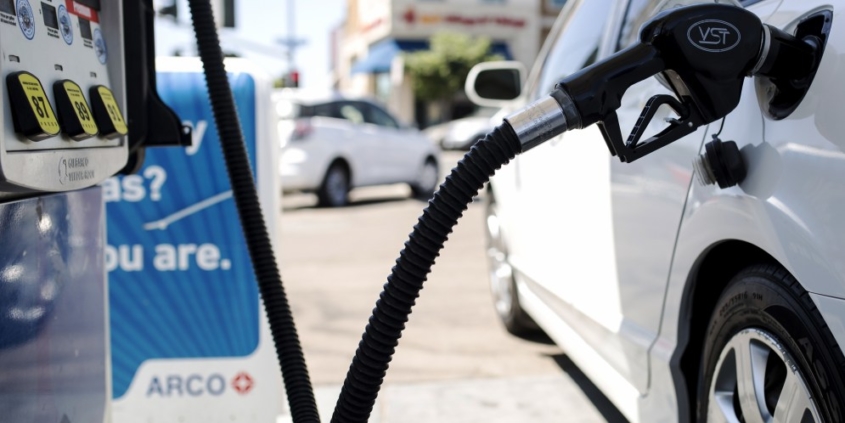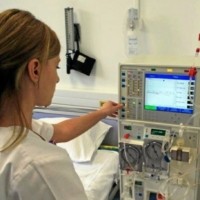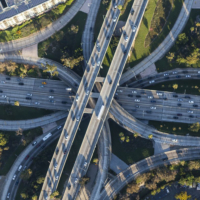
COVID-19 Pandemic Could Cost California Transportation Billions in Revenue New research highlights need for policymakers to prepare for a future shortfall
California could lose up to $20 billion in transportation revenue over the next 10 years because of the COVID-19 pandemic, according to research released May 12 by the Mineta Transportation Institute, or MTI.
Researchers Asha Weinstein Agrawal of MTI at San Jose State University and Hannah King and Martin Wachs of UCLA Luskin projected how much revenue will be generated over the next decade by state taxes on fuel purchases and fees on vehicle ownership. COVID-19 has reduced those revenues substantially because people are driving less and therefore buying less fuel.
Projected total revenue varied according to different economic recovery scenarios examined by the researchers.
“Under a worst-case scenario, a slow economic recovery could cause California to receive 17% less revenue through 2030 than the state would have received without COVID-19,” said Agrawal, the director of MTI’s National Transportation Finance Center. The projected revenue for the slow-recovery scenario is $98 billion, compared to a projected $118 billion without the pandemic.
State policy choices could impact projected revenues, according to the study. The researchers identified a recovery scenario that could generate $121 billion, a 3% gain, thanks to a swift and complete economic recovery coupled with policies to encourage Californians to purchase electric vehicles.
“California policymakers are hastily planning for a future with less-than-anticipated revenue,” said Wachs, a professor emeritus of urban planning at UCLA and a researcher at its Institute of Transportation Studies. “The scenarios in this study are not predictions of what will happen, but with so much uncertainty about the future, they help policymakers ask important ‘what if’ kinds of questions.”
The study focused on transportation revenue collected by the state thanks to a package of taxes and fees established in 2017 by Senate Bill 1. This revenue comes from gasoline and diesel fuel taxes, an annual fee on vehicles with the rate based on vehicle value, and an annual fee for zero-emission vehicles.
The report did not include transportation funds in California that are raised locally through transit fares, tolls, sales taxes and property taxes. Nor did it include any federal funding that would aid in transportation recovery.
A shortfall in state transportation revenue would trickle down to drivers.
“Revenue shortfalls will likely result in both reduced maintenance and delayed capital investments,” Agrawal said. “Drivers will have to wait longer for planned improvements like replacing outdated bridges and rehabilitating freeways.”
The researchers modeled scenarios based on transportation-specific variables that are most likely to be affected by COVID-19, including fuel consumption, the number of registered petroleum-powered and electric vehicles, and the price of cars. They also projected potential revenue from possible government policies to stimulate the market, such as tax credits to encourage vehicle purchases.
Comparing them to a baseline of what was expected before the COVID-19 emergency, the researchers examined five recovery scenarios: 1) slow, 2) moderate, 3) moderate with a stagnated vehicle market, 4) moderate with an electric-vehicle stimulus, and 5) fast with an electric-vehicle stimulus.
The study was funded by the Mineta Transportation Institute at the request of the California Transportation Commission. The researchers were scheduled to present their findings during a virtual webinar on May 14.
The lead author of the study was Agrawal. King is a doctoral student in urban planning at UCLA.







Leave a Reply
Want to join the discussion?Feel free to contribute!